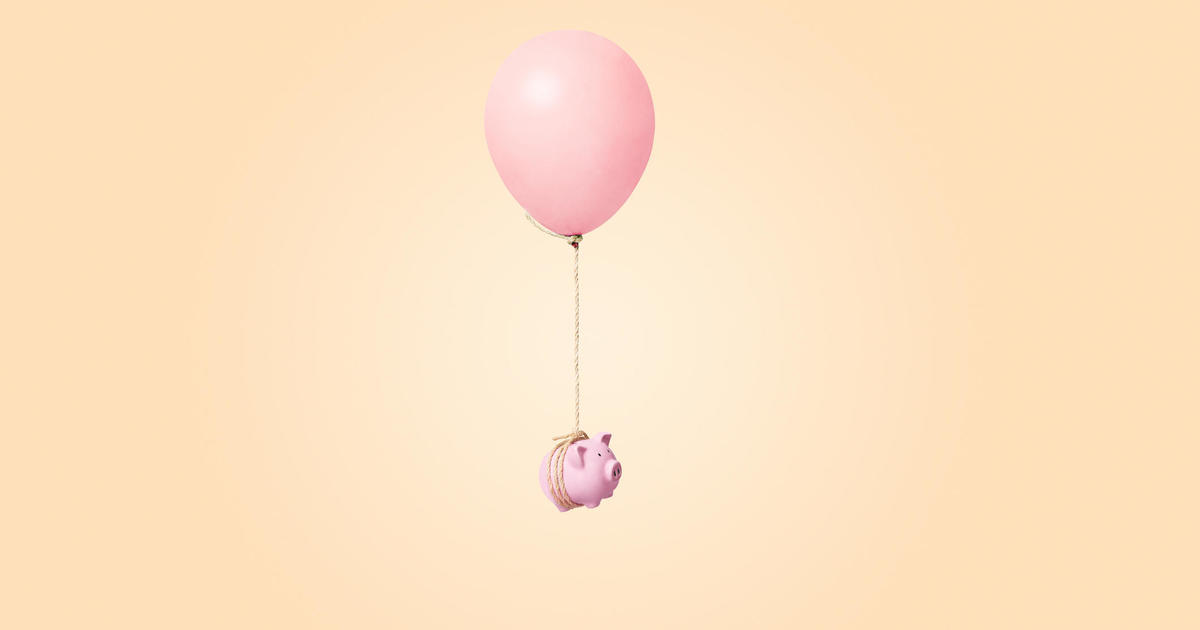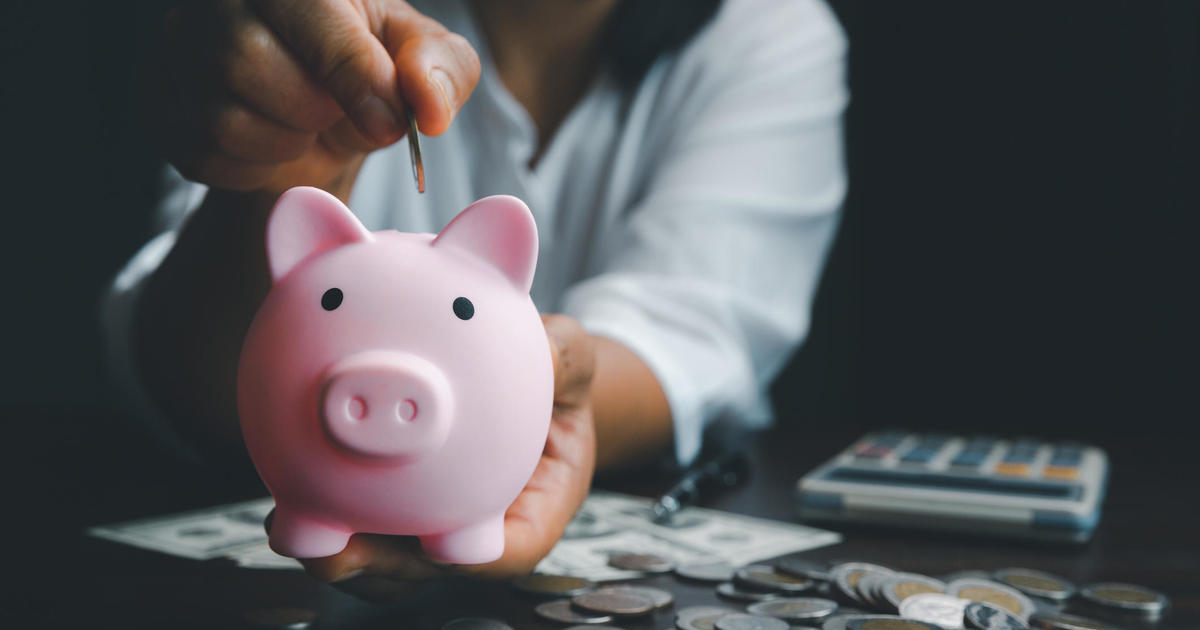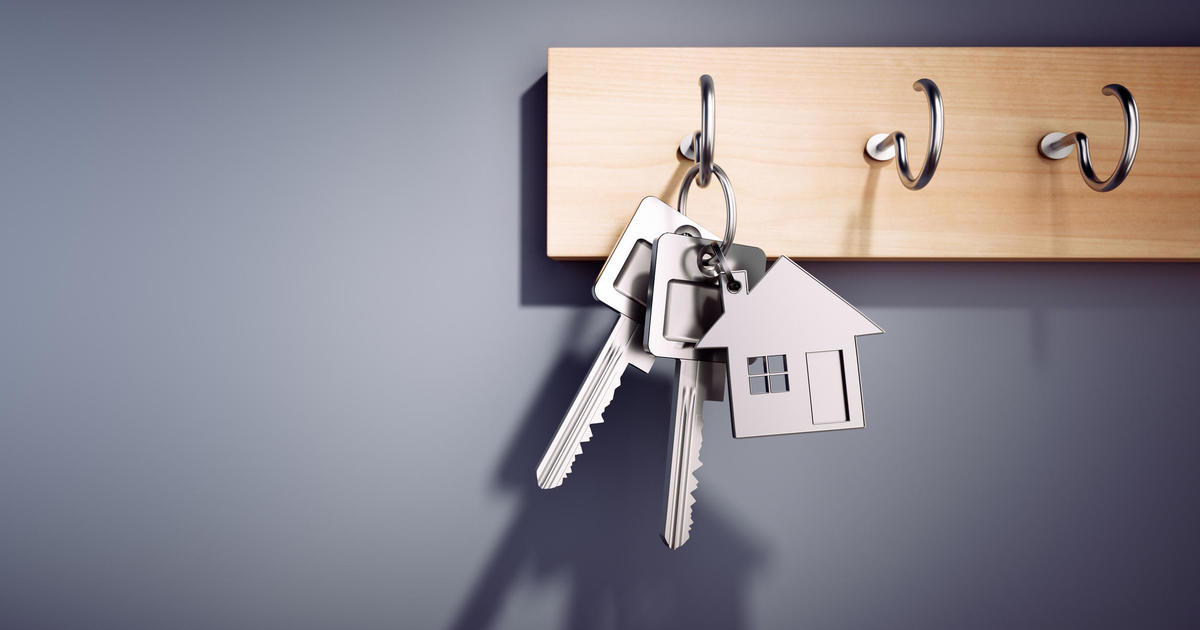Want to enter the top 1%? You'll now need $513,000 in annual income
- To be in the top 1% of income earners in the U.S. requires annual adjusted gross earnings of least $515,371, the IRS says.
- The top 50% of all U.S. taxpayers earn at least $41,740, or about 4.1% more than the prior year.
- The richest Americans, or top 0.001%, have annual income of least $63.4 million.
The rich are getting richer in the U.S., which means that anyone determined to stay in the top 1% of income earners needs to make more money -- and make it fast. The minimum for entry into the 1% club in 2017: $515,371, up 7.2% from the prior year, according to the most recent IRS data. About 1.4 million taxpayers earned at least that amount.
The uber-rich, or top 0.001% (the highest income group identified by the IRS data), you need annual income of least $63.4 million.
The wealthiest Americans are enjoying strong income growth partly thanks to 2017's Tax Cuts and Jobs Act, which lowered tax rates on corporate income. The law also gave a 20% deduction on income earned by partnerships and other types of businesses, which also helped many well-heeled taxpayers. Partly as a result, the gap between America's richest and poorest citizens is the widest it's been in at least 50 years, according to Census data released last month.
New economic research has found that the new tax law resulted in a sharp reduction in taxes for the 400 wealthiest Americans. Factoring in all federal, state and local taxes, those ultra-wealthy households pay a total tax rate of about 23%, compared with 24.2% for the bottom half of households, which includes many in the middle class, according to economists Emmanuel Saez and Gabriel Zucman of the University of California at Berkeley.
As the two lay out in their new book, "The Triumph of Injustice," the richest families also pay a lower rate than those in the upper middle class and even those in the top 1%, who pay closer to 30% of their income in taxes.
Reducing inequality is at the center of many Democratic presidential candidates' platforms, with senators Bernie Sanders and Elizabeth Warren both proposing wealth taxes for taxpayers with multi-million dollar estates. The tax revenue would be directed toward funding social programs such as free college tuition and universal health care.
Tom Steyer, a billionaire who is running for president, said at Tuesday's debate that he also backs a wealth tax. "I would undo every Republican tax cut for rich people and major corporations," he said. "90% of Americans have not had a raise for 40 years."



